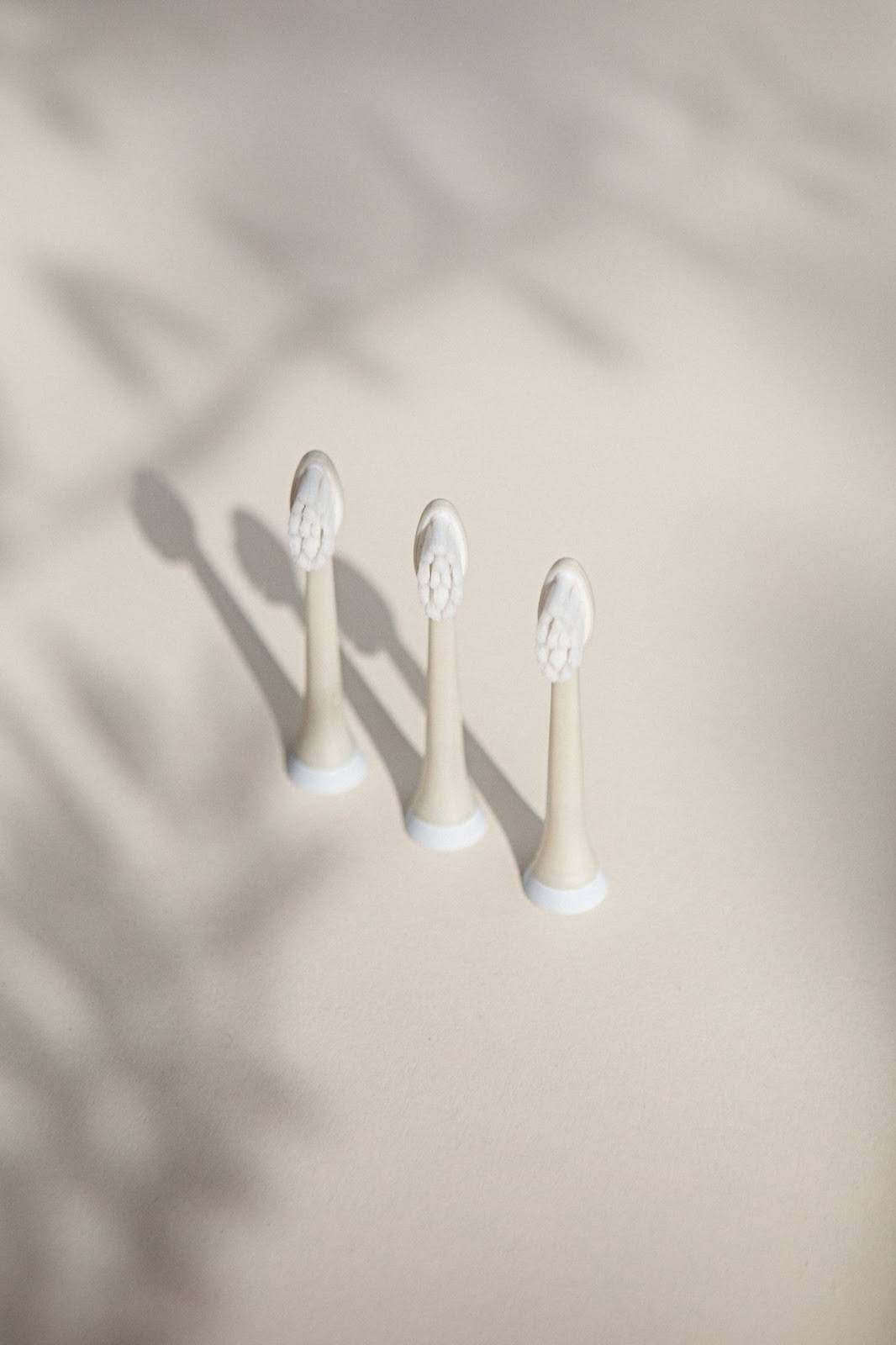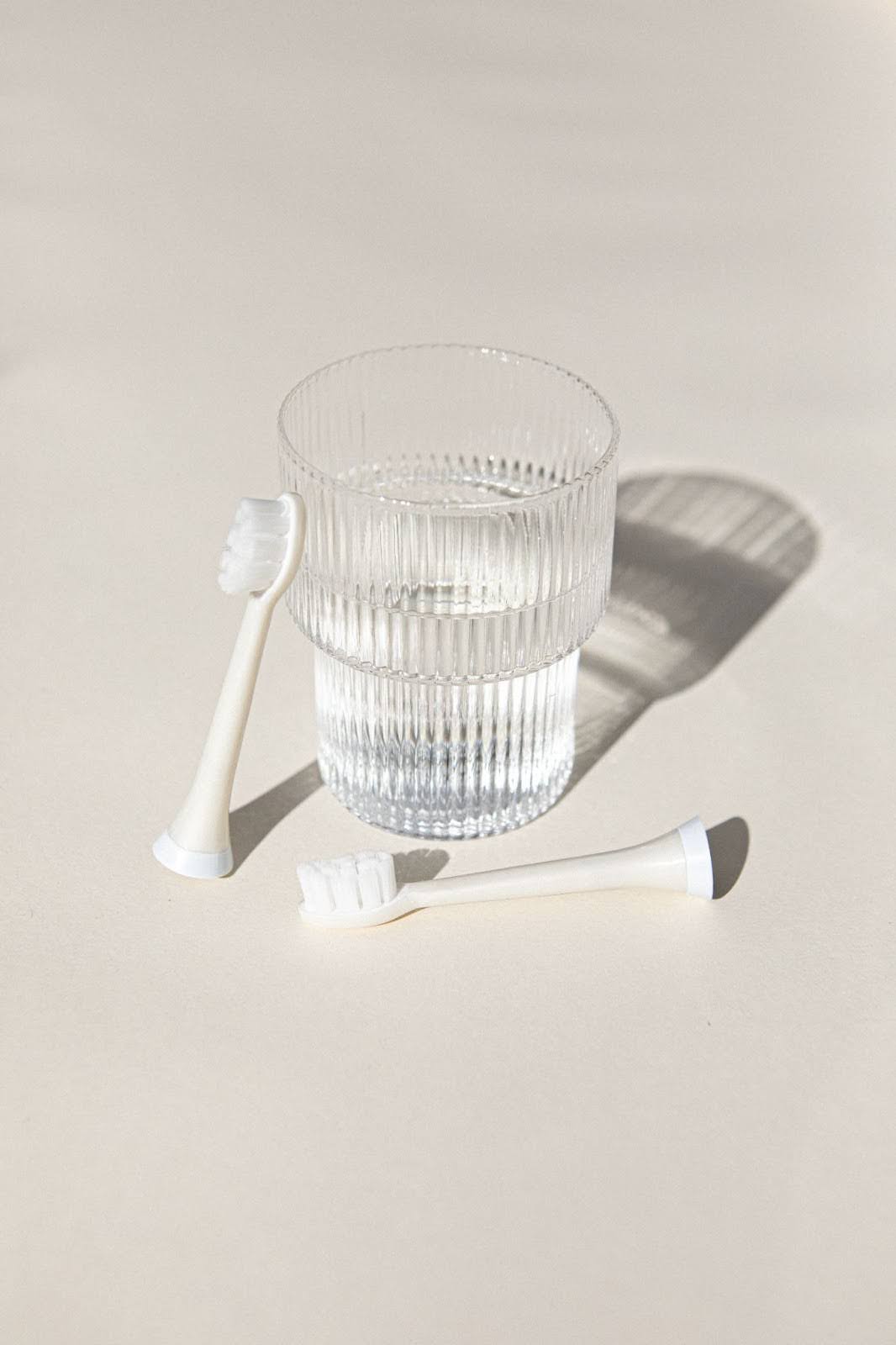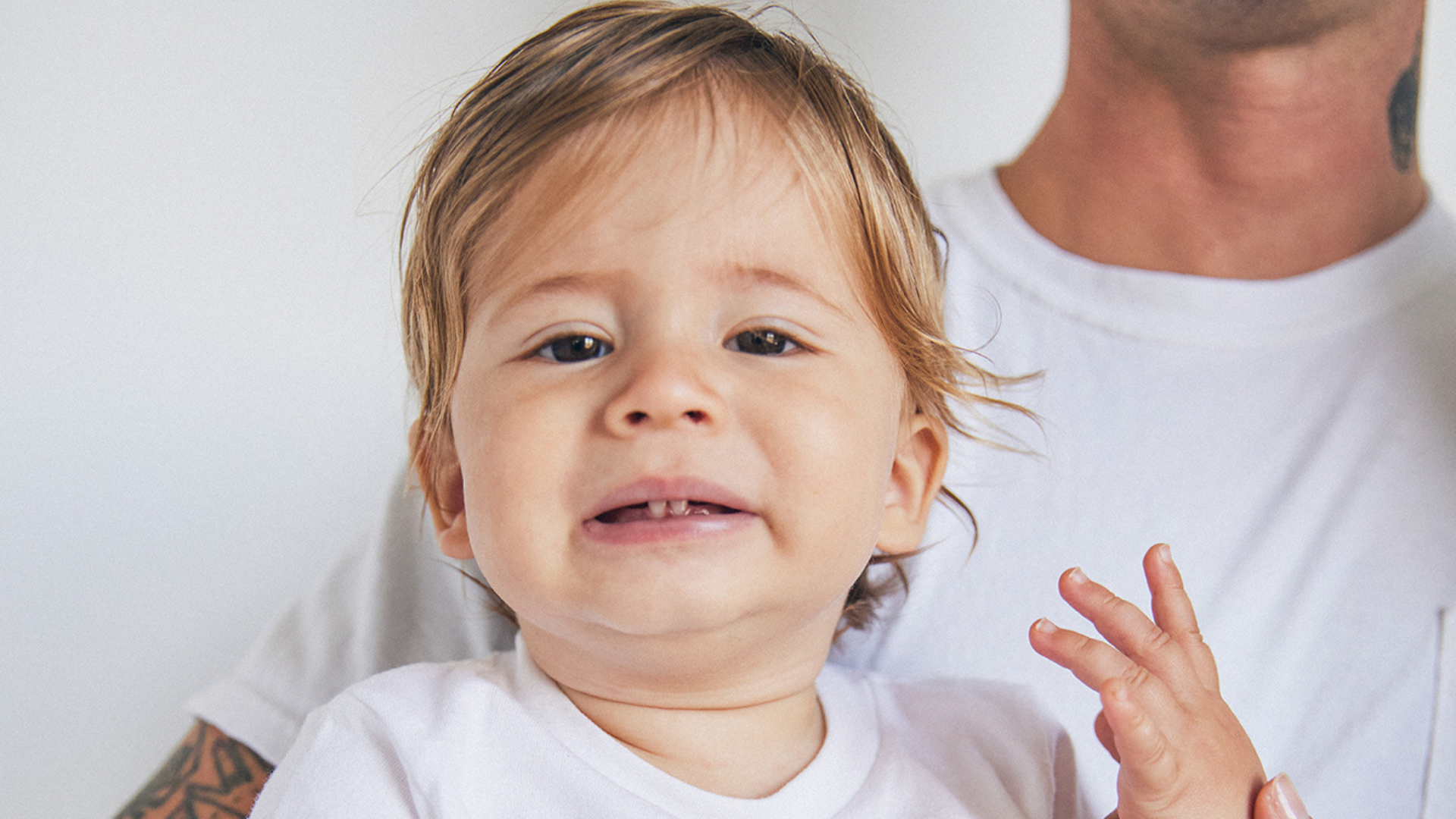Key Takeaways:
-
Enhanced Oral Hygiene: Electric toothbrushes offer superior plaque removal compared to manual brushing, significantly improving children's oral hygiene by effectively cleaning hard-to-reach areas around braces and the gum line.
-
Encouragement Of Healthy Habits: The interactive and fun features of electric toothbrushes, such as timers, music, and lights, motivate children to brush regularly and properly, fostering long-term healthy dental habits.
- Suitability And Ease Of Use: Designed with children in mind, electric toothbrushes for kids come with soft bristles and ergonomic handles, making them easy and safe for kids to use.
Advantages Of Using An Electric Toothbrush For Oral Health
Enhanced Plaque Removal
Electric toothbrushes for kids are highly effective at plaque removal due to their dynamic bristle action—oscillating, rotating, or vibrating—which outperforms manual brushing. Research shows they significantly reduce plaque and gingivitis, offering better oral health outcomes in both short and long-term use.
Stimulating Interest In Brushing
Electric toothbrushes make brushing fun for kids with bright colors, beloved characters, and interactive features, turning a routine task into an exciting activity. This boost in enthusiasm encourages consistent brushing habits, which is crucial for maintaining good oral health from an early age.
Gentle On Gums And Teeth
Electric toothbrushes for kids, with soft bristles and controlled movements, are gentle on children's sensitive gums and teeth. This design minimizes the risk of abrasions and enamel wear, promoting healthier oral structures and reducing damage from over brushing or incorrect techniques.
Promoting Better Brushing Habits
Many electric toothbrushes feature built-in timers and sensors that guide kids to brush for the dentist-recommended two minutes and alert them if they're brushing too hard. These tools teach proper brushing pressure and duration, fostering good habits that can last into adulthood.
Accessibility For All Ages And Abilities
Electric toothbrushes simplify oral hygiene for kids of all ages and abilities; they are especially beneficial for younger children or those with limited manual dexterity.

Comparing Electric vs. Manual Toothbrushes For Kids
Choosing the right electric toothbrush for children often involves weighing the pros and cons of electric versus manual options. Understanding the benefits and limitations of each can help parents make an informed decision tailored to their child's specific dental care needs.
Efficiency In Plaque Removal
Electric toothbrushes are seen as more efficient at plaque removal than manual ones, as their automated movements do much of the brushing work. This feature is especially helpful for kids who might not yet have mastered proper brushing techniques. In contrast, manual toothbrushes demand more skill and effort for effective cleaning, which could be challenging for younger children to achieve.
Ease Of Use
Electric toothbrushes offer a notable ease of use, particularly for children, by doing most of the brushing work themselves; kids only need to guide them around their mouth. This benefits those who struggle with the manual dexterity required for effective manual brushing. In contrast, manual toothbrushes require precise technique and the discipline to thoroughly clean each mouth quadrant, making the process more challenging for young users.
Engagement And Motivation
Keeping children engaged in regular and effective brushing is challenging. Still, electric toothbrushes excel by incorporating features like musical timers, lights, and connectivity with apps to make the process more appealing. These interactive elements motivate children to brush properly and regularly. While manual toothbrushes may have fun designs and characters, they lack the interactive capabilities to capture children's attention and interest in brushing.
Cost Considerations
Manual toothbrushes are more cost-effective upfront and cheaper to replace regularly, making them a budget-friendly choice. Electric toothbrushes, though initially more expensive and needing battery changes or recharging and head replacements, are considered a long-term investment in a child's oral health, offering potentially greater benefits despite the higher cost.
Adaptability And Learning
Beginning with a manual toothbrush helps children learn brushing fundamentals, establishing a base for proper oral hygiene. This knowledge is beneficial when moving to an electric toothbrush, which eases the cleaning process but may emphasize technology over technique.
Teaching Kids Proper Brushing Techniques With Electric Toothbrushes
Teaching proper brushing techniques early on is key to good oral health in children, and electric toothbrushes can be valuable tools in this education. They make learning fun and effective, helping instill essential skills in young brushers.
Familiarization With The Toothbrush
Start by letting your child explore the electric toothbrush while it's off, allowing them to hold it and feel its weight, and touch the bristles. This initial familiarization helps ease fears and increases their comfort with an electric toothbrush.
Demonstrating The Correct Technique
Teach your child to wet the toothbrush, apply a pea-sized amount of toothpaste, and then place it at a 45-degree angle against their teeth, directing the bristles towards the gum line. This technique is essential for thorough cleaning of both teeth and gums.
Guided Brushing Sessions
Start by guiding your child's hand with the electric toothbrush turned on, allowing them to become accustomed to the vibrations or rotations. Encourage slow movement across all tooth surfaces—outer, inner, and chewing. Focus on positioning the brush correctly, as electric toothbrushes require minimal pressure to clean effectively.
Encouraging Consistent Practice
Mastering an electric toothbrush is a skill that requires time and patience. Encourage your child to brush twice daily and be supportive as they adapt to this new routine.
Monitoring And Adjusting Techniques
As your child gains confidence with their electric toothbrush, keep an eye on their brushing technique and make corrections if necessary. Ensure they're not applying too much pressure, which could damage gums and enamel, and ensure they're thoroughly cleaning every part of their mouth.

Final Thoughts
Electric toothbrushes for kids offer significant advantages, including more effective plaque removal, appealing designs that motivate consistent use, gentleness on delicate gums and teeth, and the ability to instill correct brushing techniques.
As essential instruments for children's oral health, they encourage the development of enduring healthy brushing practices, making them an excellent option for parents dedicated to ensuring their children's optimal dental care.
Read also:
- Swap Out Your Toothbrush Now: A Guide To Optimal Toothbrush Hygiene
- How Often Should An Electric Toothbrush Head Be Replaced?
- Should You Brush Your Teeth After Using Whitening Strips?
Frequently Asked Questions
Why should kids use electric toothbrushes?
Electric toothbrushes are designed to mimic the motion of professional dental cleaning tools, providing a more thorough cleaning than manual brushing.
How do electric toothbrushes improve oral hygiene in kids?
Using rotating or vibrating brush heads, electric toothbrushes can remove more plaque and food debris from hard-to-reach areas in a child's mouth.
At what age can a child start using an electric toothbrush?
Most dental professionals agree that children can start using an electric toothbrush around 3.
Are electric toothbrushes safe for kids' gums?
When used properly, electric toothbrushes are safe for kids' gums.
How do electric toothbrushes make brushing fun for kids?
Many electric toothbrushes for kids feature colorful designs, lights, and musical timers.
Can electric toothbrushes help kids with braces clean better?
Absolutely. The oscillating or vibrating movements of an electric toothbrush can be more effective in cleaning around brackets and wires than manual brushing, helping to prevent plaque buildup and staining.
What features should I look for in an electric toothbrush for my child?
Key features include soft bristles, a small brush head to fit in a child’s mouth, a timer to ensure they brush for the recommended two minutes, and a comfortable handle.
How can electric toothbrushes encourage better brushing habits?
Electric toothbrushes often have built-in timers and quad pacers that guide children to brush within the recommended two minutes and ensure equal attention to all areas of the mouth, promoting thorough brushing habits.
Can using an electric toothbrush reduce cavities in children?
Yes. By removing plaque more effectively and reaching difficult areas, electric toothbrushes can significantly reduce the likelihood of cavities and dental decay in children as part of a consistent oral hygiene routine.
How often should kids replace their electric toothbrush heads?
Dental professionals recommend replacing the toothbrush head every three to four months or sooner if the bristles are visibly worn out.


